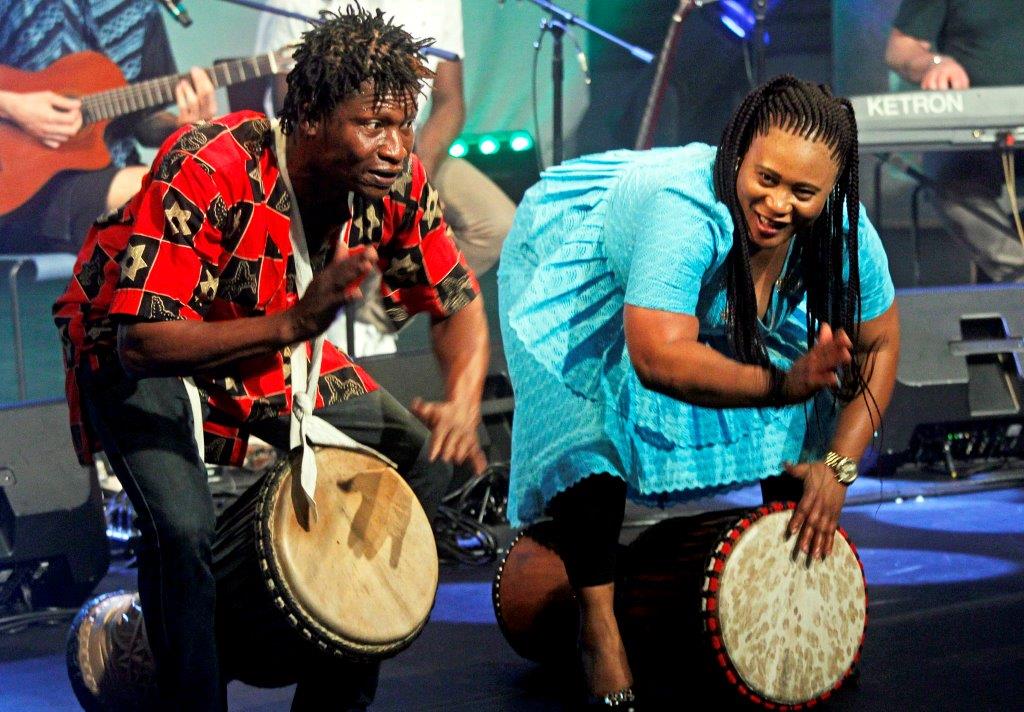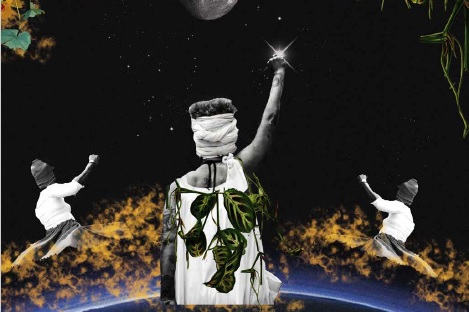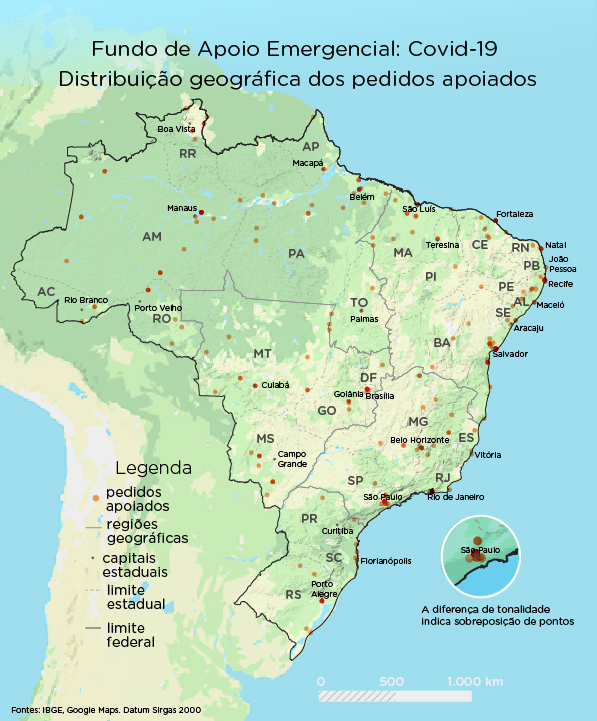The Brazil Human Rights Fund announces the opening of registrations for the Raízes and Labora Call for Proposal: Strengthening Solutions from Indigenous Peoples, Traditional Communities and Workers toward Climate Justice and Fair Transition. With that initiative, the Foundation will place R$2,5 million (roughly 450 thousand USD) in the hands of indigenous peoples, traditional communities, quilombolas (traditional communities of descendants of formed enslaved people), and urban and rural workers for them to develop proposals of popular participation and protagonism in the facing of climate challenges.
The aim is to bring to the public debate the solutions developed from the territories and populations that suffer more intensely the effects of the climate crisis. The grants will be made by the Brazil Fund before COP 30, scheduled for November, in Belém.
40 proposals will be funded, with sums of R$50 thousand (roughly 10 thousand USD) or R$100 thousand (roughly 20 thousand USD) for each grant. May register projects the organizations and collectives of indigenous peoples, traditional communities, quilombolas and workers from all Brazil, in the search of climate justice and a transition that significantly includes their voices and solutions towards the well-living and a fairer and more inclusive low-carbon economy.
The submission period for proposals is from March 19th to April 25th 2025, at 18h (BRT). Registrations will be received exclusively through the Brazil Fund’s Projects Portal.
Click now to read the full call for proposal text.
The Labora Fund for Decent Work is supported by the Laudes Foundation, Ford Foundation and Open Society Foundations. In this call for proposal specifically, there is also the partnership with the Volskwagen Group Foundation to support 5 projects of political advocacy. In this way, Labora will conduct 20 grants to organizations that fight for decent work and a fair transition.
Raízes will support other 20 projects from traditional communities, quilombolas and indigenous peoples that act in the climate change agenda.
Why a joined call for proposal?
The impacts of climate change, such as floods, draughts and excessive heat, are felt directly and more intensely by indigenous peoples, quilombolas, traditional communities and workers in cities, rural areas, waters and forests. It is no longer known when the farms will bear crops, nor when it’s safe to leave home for work.
These same population groups, however, create effective solutions for exiting this crisis. Throughout Brazil, ancestral and communal practices of agroecology, agroforests, seed banks, communal kitchens in urban centers, popular projects of solar energy, popular work spots, among other initiatives, have demonstrated that the way out of the climate crisis is in the democratization, expansion and strengthening of popular collective solutions.
Within that context, this call for proposal aims to strengthen these collectivities, enabling active participation that allows for the insertion of their demands in the core of the debate on climate justice, environmental racism and decent work. The call for proposal also aims to offer conditions for the supported organizations to keep promoting actions of impact and expanding their presence in the decision-making spaces, both in the preparatory events and during COP 30, as well as in the spaces of power within following years, when the outcomes of the Conference will become visible.
The joined support by Raízes and Labora will put in dialogue groups that meet in their demands, paths and learnings in the promotion of a future that guarantees decent conditions of life and labor in an inhabitable planet. It will enable, as well, the expansion of the positive effects of the supported initiatives, so they gain scale and impact the global debate.
This partnership also reinforces the importance of social justice philanthropy as a tool for the defense of democracy, recognizing that the construction of a sustainable future depends on the protagonism of groups and communities that have historically preserved the Brazilian biomes and face the challenges of the climate crisis from their own reality.

























